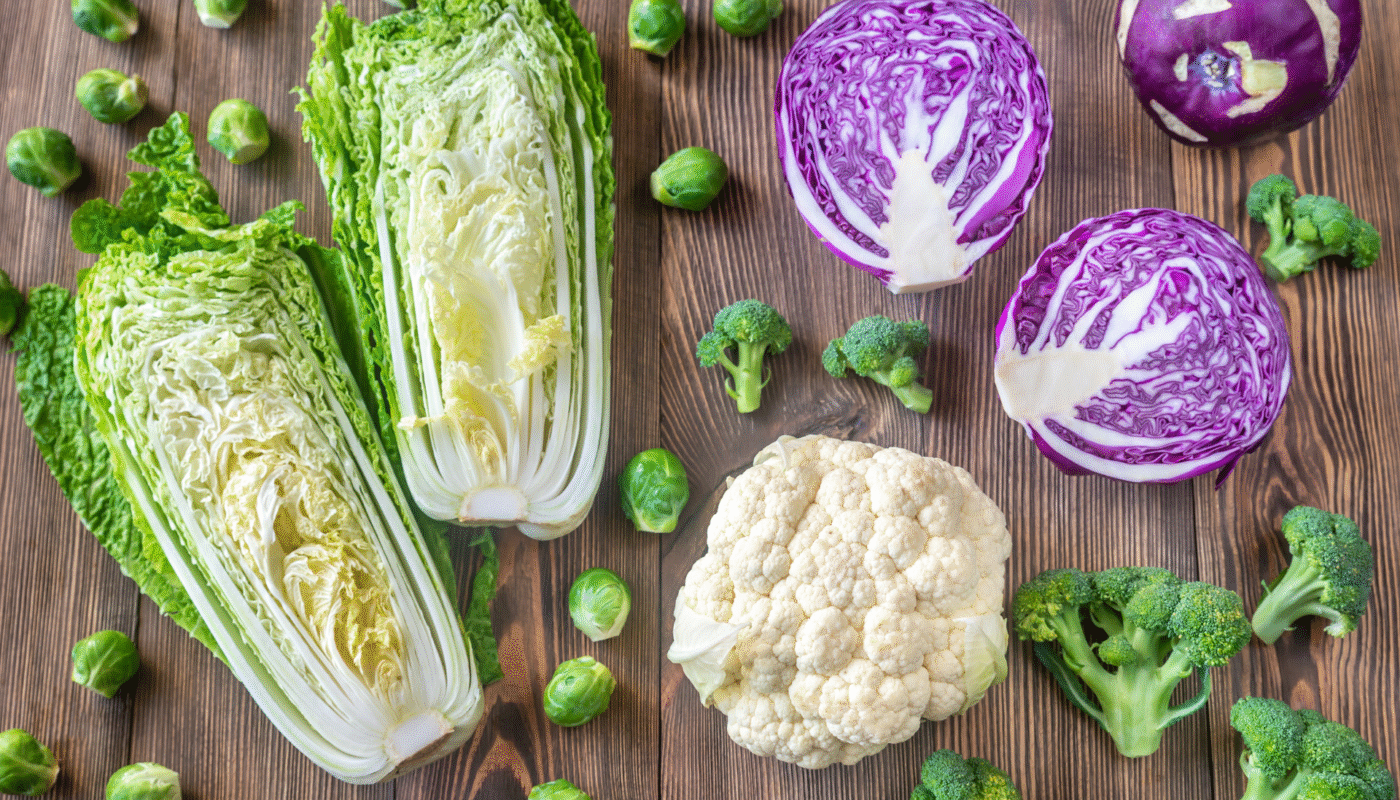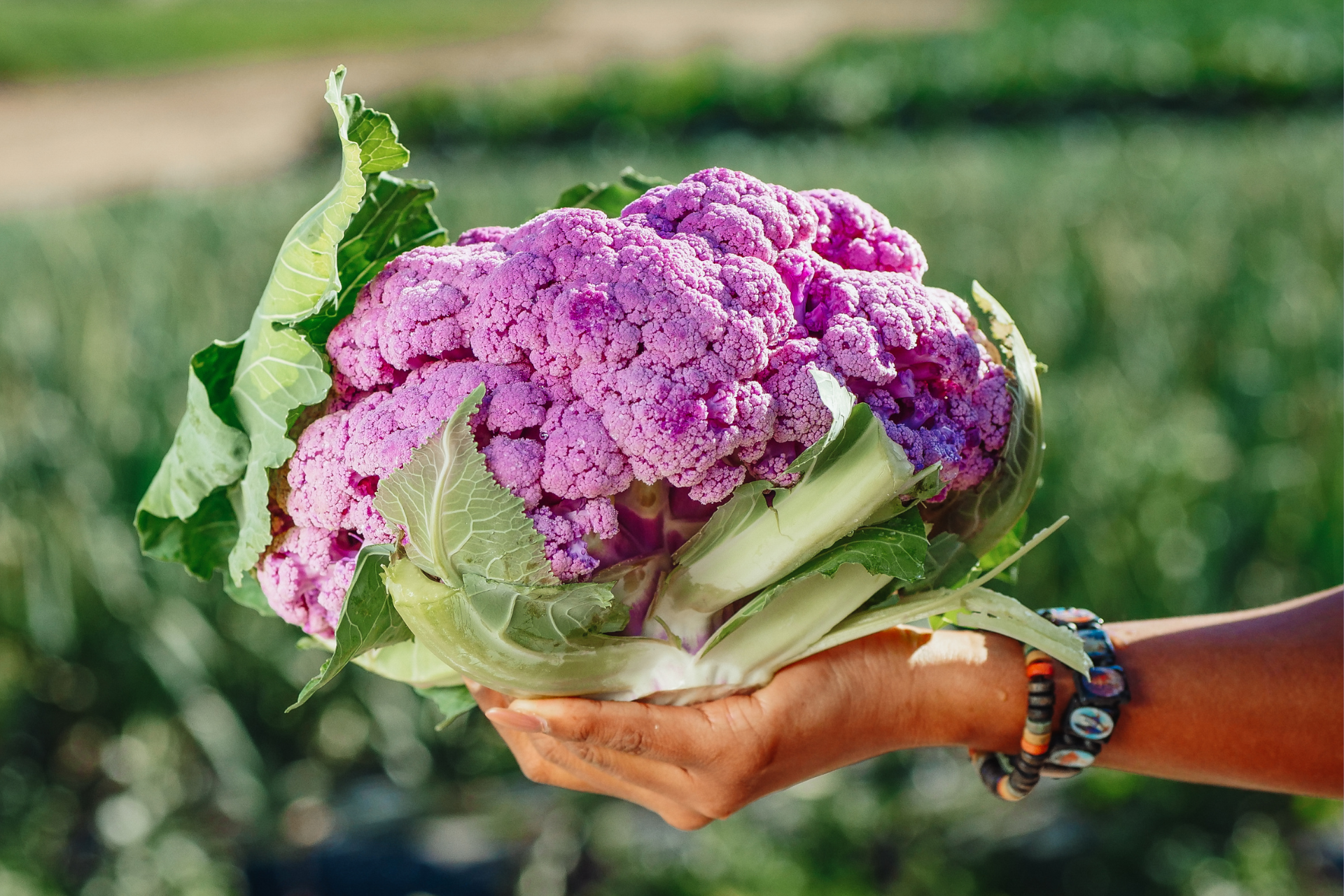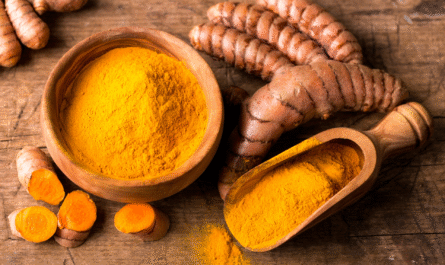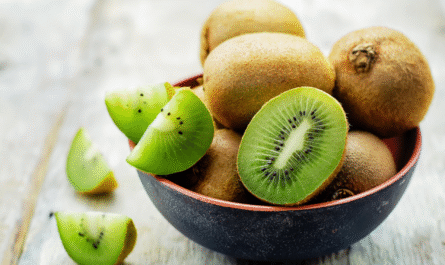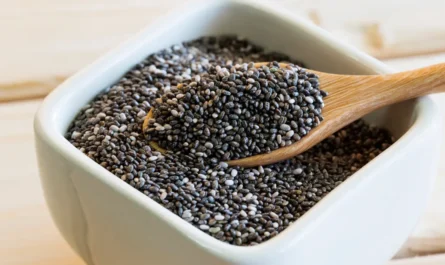Cruciferous vegetables health benefits are among the most scientifically supported in the world of nutrition. These powerhouse veggies offer an impressive range of health effects, from lowering cancer risks to improving skin and heart health.
Whether you’re loading your plate with broccoli or taking cruciferous vegetable supplements, understanding the full scope of their value is crucial for better health outcomes.
What Are Cruciferous Vegetables?
Cruciferous vegetables belong to the Brassicaceae family, also known as the mustard family. The name “cruciferous” comes from the Latin word “cruciferae,” meaning “cross-bearing,” which refers to the cross-like shape of their four-petaled flowers. These vegetables are well-known for their pungent flavor and aroma due to their high sulfur content.
What makes cruciferous vegetables so distinctive isn’t just their taste, but their rich nutritional profile. Packed with vitamins, fiber, and unique plant compounds like glucosinolates, they stand out in the vegetable kingdom.
The breakdown products of glucosinolates, such as sulforaphane and indole-3-carbinol, are particularly renowned for their protective effects against various diseases.
Incorporating cruciferous vegetables into your diet is one of the most effective ways to naturally detoxify the body, support hormonal balance, and lower chronic inflammation. They’re also incredibly versatile and easy to prepare, whether you enjoy them raw, steamed, roasted, or blended into smoothies.
With so many options and varieties available, it’s easy to include cruciferous vegetables in your meals. Whether fresh or in supplement form, they provide a wide array of nutrients and compounds that promote long-term wellness.
20 Common Cruciferous Vegetables
-
Broccoli
-
Cauliflower
-
Cabbage
-
Brussels sprouts
-
Kale
-
Arugula
-
Bok choy
-
Collard greens
-
Mustard greens
-
Turnips
-
Radishes
-
Watercress
-
Horseradish
-
Wasabi
-
Daikon
-
Rutabaga
-
Chinese cabbage
-
Kohlrabi
-
Napa cabbage
-
Romanesco
These vegetables vary in taste, texture, and nutrient content but share many of the same powerful health properties. Including a diverse selection of these in your diet can enhance the benefits you receive.
Nutritional Constituents of Cruciferous Vegetables
Cruciferous vegetables are nutrient-dense, low-calorie, and high in dietary fiber. They also offer a wide range of essential vitamins, minerals, and unique phytochemicals.
Nutrient Typical Range per 100g Health Role Vitamin C 20-90 mg Immune support, antioxidant Vitamin K 50-700 µg Bone health, blood clotting Folate 50-150 µg DNA synthesis, pregnancy health Fiber 2-5 g Digestion, satiety Calcium 30-150 mg Bone health, muscle function Glucosinolates Varies Cancer prevention, detoxification Sulforaphane Varies Antioxidant, anti-inflammatory Indole-3-Carbinol Varies Hormonal balance, detox
Cruciferous vegetables nutritional benefits span nearly every system in the body. The table above outlines the core nutrients that make these veggies so vital.
Health Benefits of Cruciferous Vegetables
1. Cancer Prevention
Cruciferous vegetables benefit the body by reducing cancer risk through unique compounds such as glucosinolates. These convert into biologically active forms like sulforaphane and indole-3-carbinol during digestion, both known for their anti-carcinogenic properties.
Multiple studies have shown that a higher intake of cruciferous vegetables is associated with a reduced risk of cancers including breast, prostate, lung, and colorectal. The mechanisms involve inhibition of cancer cell growth, promotion of apoptosis (programmed cell death), and the suppression of inflammation.
Sulforaphane in particular helps neutralize carcinogens and enhance liver detoxification enzymes. This enhances the body’s natural defense systems.
Regular consumption or even supplementation (benefits cruciferous vegetables supplements) can be a proactive approach to reducing long-term cancer risk.
2. Detoxification Support
Cruciferous vegetables are powerful natural detoxifiers. They support both Phase I and Phase II liver detoxification pathways, which help the body process and eliminate toxins.
The sulforaphane found in broccoli and Brussels sprouts activates Nrf2, a transcription factor that boosts the production of antioxidant and detoxification enzymes. This can help remove harmful substances, including environmental toxins and excess hormones.
This makes the benefits of eating cruciferous vegetables especially important in our modern world filled with pollutants and processed foods.
Consuming cruciferous vegetable extracts can intensify this effect, making them a valuable component of detox programs.
3. Hormonal Balance
One of the lesser-known cruciferous vegetables health benefits is their positive effect on estrogen metabolism. Indole-3-carbinol helps break down estrogen into more beneficial forms, reducing the risk of estrogen-dominant conditions.
This includes issues like PMS, fibroids, and hormone-sensitive cancers. For this reason, many functional medicine practitioners recommend cruciferous vegetables for women experiencing hormonal imbalance.
Men can benefit as well. Balanced estrogen levels help maintain libido, energy, and prostate health.
For individuals not eating enough vegetables regularly, benefits cruciferous vegetables supplements can serve as an effective alternative to support hormonal regulation.
4. Anti-Inflammatory Properties
Chronic inflammation underlies nearly every major disease, from heart disease to diabetes to arthritis. Cruciferous vegetables contain anti-inflammatory phytochemicals like sulforaphane and kaempferol that help reduce systemic inflammation.
Regular consumption can decrease markers of inflammation, such as C-reactive protein (CRP). This is crucial for preventing long-term disease and maintaining general well-being.
The high antioxidant content of cruciferous vegetables also helps fight oxidative stress, which can trigger inflammation and damage cells.
Adding these vegetables to your meals several times a week can play a significant role in reducing overall inflammatory load.
5. Heart Health
Cruciferous vegetables benefit cardiovascular health through various mechanisms. They help lower blood pressure, reduce LDL cholesterol, and improve arterial function.
Fiber, potassium, and antioxidants work together to support a healthy circulatory system. The nitric oxide-boosting effect of certain compounds helps maintain relaxed blood vessels.
Studies show that people who consume more cruciferous vegetables have a lower risk of heart attack and stroke.
Consistent intake, whether through diet or supplements, offers long-term protection for the heart and arteries.
6. Weight Management
High in fiber and low in calories, cruciferous vegetables are ideal for those trying to manage their weight. They help increase satiety without adding excess energy.
These vegetables slow digestion, regulate blood sugar, and reduce cravings, making them excellent allies in any weight loss plan.
Additionally, compounds like sulforaphane may influence fat metabolism and insulin sensitivity.
Using cruciferous vegetable extract supplements can support metabolic health and assist in sustainable weight loss strategies.
7. Digestive Health
Cruciferous vegetables support a healthy digestive system by increasing dietary fiber intake and feeding beneficial gut bacteria.
Their fiber content improves bowel regularity, reduces constipation, and supports a diverse microbiome. Certain compounds also help combat harmful pathogens in the gut.
Fermented options like kimchi or sauerkraut enhance probiotic intake while retaining cruciferous vegetable health benefits.
Regular inclusion can lead to improved gut barrier function and overall digestive resilience.
8. Bone Health
Cruciferous vegetables nutritional benefits include high levels of vitamin K and calcium, essential for bone formation and density.
Vitamin K supports osteocalcin, a protein critical for bone mineralization. This reduces the risk of fractures and osteoporosis, especially in older adults.
Calcium, magnesium, and trace minerals work synergistically to strengthen skeletal structure.
Supplementing with cruciferous vegetable extracts can be particularly helpful for people at risk of bone loss or those with limited dietary variety.
9. Immune Support
Rich in vitamin C, antioxidants, and anti-inflammatory compounds, cruciferous vegetables benefit the immune system by enhancing cellular defense.
They boost white blood cell activity, promote antibody production, and support the lymphatic system’s detox function.
This makes them valuable for fighting infections, speeding recovery, and maintaining resilience against pathogens.
Including a range of cruciferous vegetables ensures comprehensive immune support through diverse nutrients.
10. Eye Health
Cruciferous vegetables are good sources of lutein and zeaxanthin, antioxidants that protect against age-related macular degeneration and cataracts.
They also contain vitamin A and beta-carotene, essential for maintaining healthy vision and preventing night blindness.
These nutrients protect the retina from oxidative damage and improve overall eye function.
For people exposed to high screen time or aging populations, benefits of eating cruciferous vegetables extend to preserving long-term eye health.
Who Shouldn’t Eat Cruciferous Vegetables?
While cruciferous vegetables are generally safe and beneficial, some individuals should approach them with caution. Those with thyroid conditions, particularly hypothyroidism, may be sensitive to their goitrogenic effects.
Goitrogens can interfere with iodine uptake and thyroid hormone synthesis. Cooking these vegetables often reduces their goitrogenic activity, making them safer to consume.
People on blood thinners should also monitor their intake due to high vitamin K content, which can interfere with medications like warfarin.
If you experience bloating or gas from eating these vegetables, consider gradually increasing your intake or trying fermented versions.
Side Effects of Eating Cruciferous Vegetables
Despite their many advantages, excessive intake may cause digestive discomfort such as bloating, gas, or cramping due to high fiber and sulfur content.
In rare cases, large quantities of raw cruciferous vegetables can impact thyroid function. As noted, cooking or steaming mitigates this.
Allergic reactions are rare but possible. Watch for symptoms like itching, swelling, or hives.
Balanced consumption is key. Most side effects can be avoided with proper preparation and moderation.
How to Prepare Cruciferous Vegetables
Preparation matters when it comes to maximizing cruciferous vegetables health benefits and minimizing side effects.
Light steaming preserves sulforaphane content better than boiling. Roasting enhances flavor and reduces bitterness.
Fermentation not only preserves nutrients but also adds beneficial probiotics. Raw preparations like salads or slaws offer maximum crunch and freshness.
Avoid overcooking, as this can deplete water-soluble vitamins and destroy delicate phytochemicals.
Common Cruciferous Vegetable Recipes
-
Roasted Brussels Sprouts with Balsamic Glaze
-
Broccoli and Cauliflower Stir-Fry
-
Cabbage and Carrot Slaw
-
Kale and Quinoa Salad
-
Collard Greens with Garlic and Lemon
-
Bok Choy Miso Soup
-
Cauliflower Rice Bowl
-
Arugula Pesto Pasta
-
Watercress and Radish Sandwich
-
Sauerkraut-Topped Avocado Toast
These recipes make it easy to enjoy the benefits of eating cruciferous every day without monotony.
Benefits of Cruciferous Vegetable Supplements
1. Convenience
Supplements offer a concentrated form of nutrients for those who struggle to eat enough vegetables daily.
They are easy to carry, require no prep, and are ideal for busy lifestyles.
Capsules or powders ensure you receive consistent dosages of bioactive compounds.
This is especially helpful for those on restrictive diets or with limited access to fresh produce.
2. Potency
Supplements often contain standardized amounts of sulforaphane or indole-3-carbinol, which may deliver more powerful effects than food alone.
Cruciferous vegetable extract benefits include enhanced detox, anti-cancer effects, and hormonal support.
Many formulas combine extracts with complementary nutrients like selenium or resveratrol for added benefit.
This makes them a strong tool for targeted health goals.
3. Hormonal Balance
Supplements are particularly effective for those with estrogen dominance or hormonal imbalances.
They provide reliable doses of indole-3-carbinol, which is difficult to track through food sources alone.
Women with PCOS, endometriosis, or perimenopausal symptoms often benefit significantly.
Always consult with a healthcare provider to determine ideal dosage.
4. Liver Support
Sulforaphane-rich supplements promote Phase II detoxification enzymes in the liver.
This enhances clearance of environmental toxins and excess hormones.
Athletes, people on medications, or those exposed to pollutants benefit from the added liver support.
Regular use can improve overall energy and reduce toxin-related fatigue.
5. Anti-Aging Effects
Antioxidant-rich supplements help reduce oxidative stress and support cellular health.
This translates into better skin, cognitive function, and longevity.
Many users report improved energy, better skin texture, and a stronger immune system over time.
Cruciferous vegetables benefit the aging process by protecting cells from internal and external damage.
Cruciferous Vegetable Health Benefits for Skin
Cruciferous vegetables health benefits and side effects often include skin reactions, but the positive outweighs the negative for most. Rich in antioxidants like vitamin C, beta-carotene, and sulforaphane, these vegetables help fight skin-aging and inflammation.
Sulforaphane protects skin from UV damage and promotes collagen production, reducing wrinkles and fine lines.
Vitamin C aids in skin repair and brightens complexion, while anti-inflammatory properties reduce acne and redness.
For clearer, younger-looking skin, incorporating cruciferous vegetables into your diet or taking a high-quality supplement is a smart move.
Why Take Cruciferous Vegetables?
Why take cruciferous vegetables? Because they provide unmatched nutritional value, support nearly every system in the body, and offer protection against chronic disease.
From cancer prevention to clearer skin, the benefits of eating cruciferous vegetables are broad and impactful.
They’re accessible, affordable, and versatile, making them a practical cornerstone of any health-focused diet.
Whether you eat them fresh or take them in supplement form, cruciferous vegetables health benefits are too significant to ignore.
FAQs on Cruciferous Vegetable Health Benefits
Can I eat cruciferous vegetables every day?
Yes, daily consumption is safe for most people and provides cumulative health benefits.
What is the best way to cook cruciferous vegetables?
Light steaming or roasting preserves nutrients and enhances flavor.
Are supplements as effective as eating the vegetables?
Supplements offer concentrated benefits but should complement a healthy diet, not replace it.
Do cruciferous vegetables cause gas?
Yes, due to their high fiber and sulfur content. Gradual intake and cooking can help.
Can cruciferous vegetables affect thyroid function?
In large raw amounts, yes. Cooking them reduces this risk significantly.

